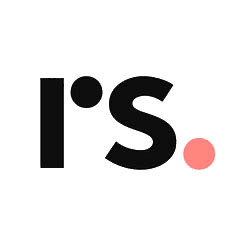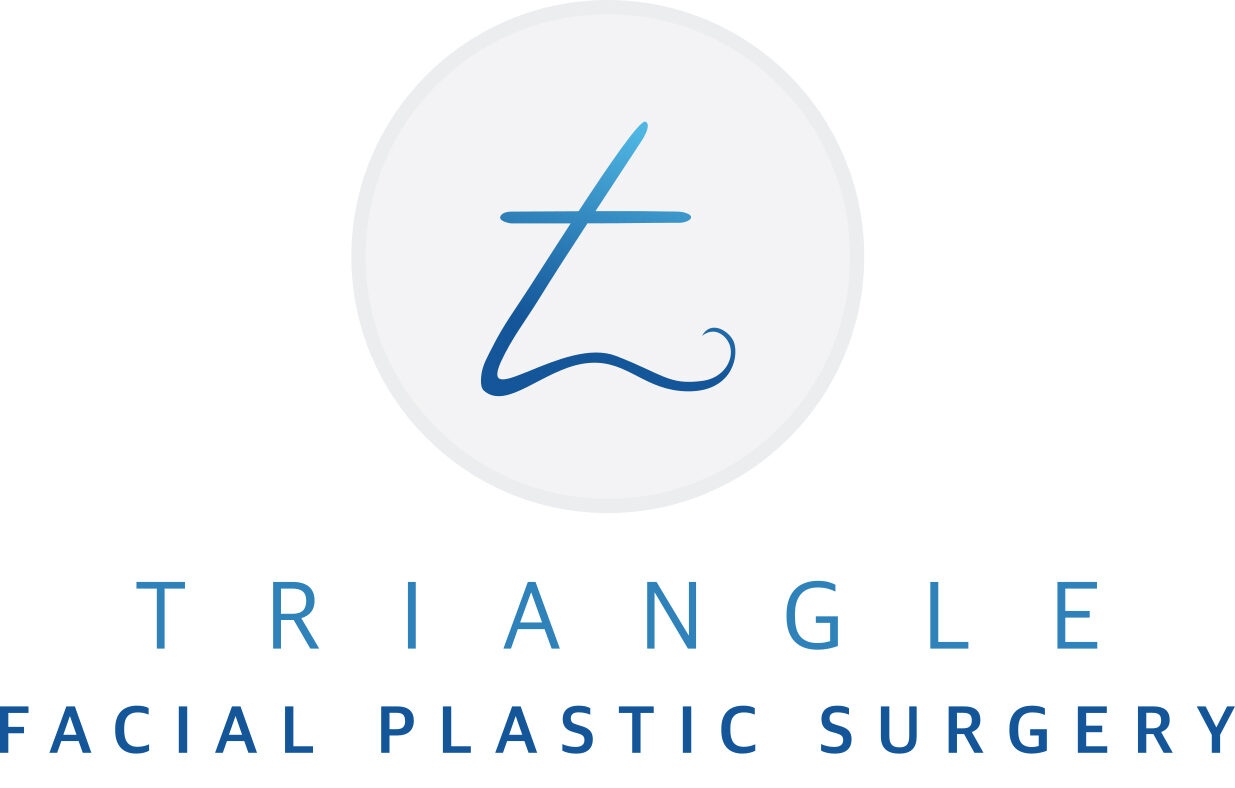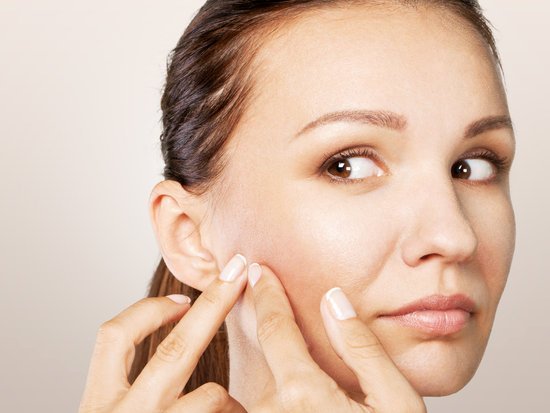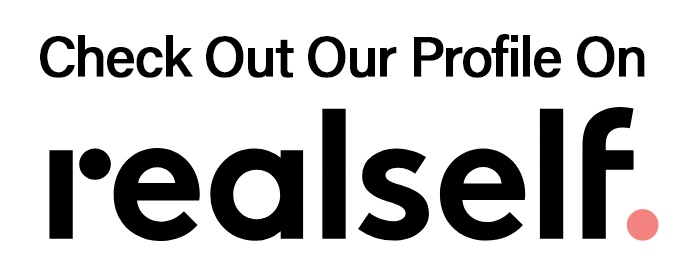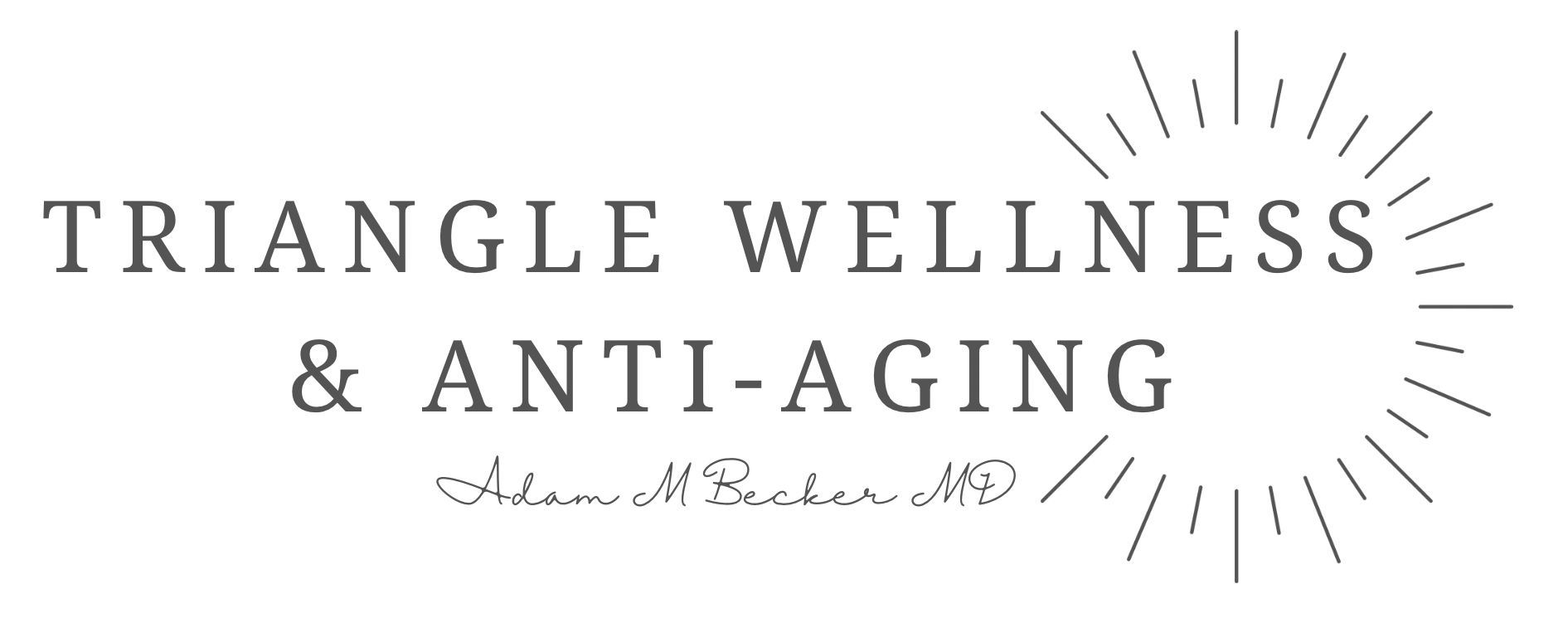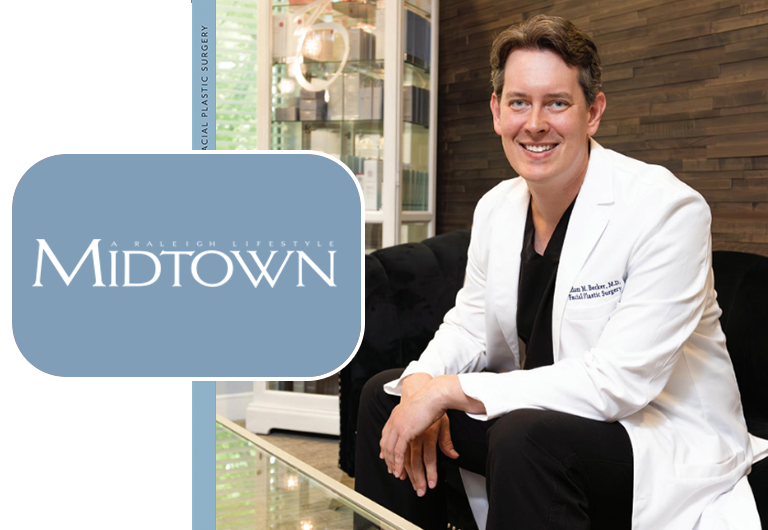Alternative Treatments for Acne
Acne is the most common skin condition in the United States and affects nearly everyone at some point. For some people, however, acne can be a significant problem that can lead to social anxiety and can even lead to scarring. Clearing acne can difficult, requiring multiple approaches to treatment that is often long term. As we continue to observe more and more antibiotic resistance, and due to side effects of long-term oral therapies, there is growing interest in safe, efficacious, and tolerable alternative therapies. These alternative treatments can fall in to one of several categories:
ANTIOXIDANTS:

Vitamin C (ascorbic acid), is a water-soluble vitamin that has been used in topical anti-aging serums. Topical precursors of vitamin C have been shown to reducing acne lesions. Because vitamin C is extremely unstable, it is important to make sure that topical forms come from a reliable source.
Niacinamide is a water-soluble form of Vitamin B. There is reasonable support for the use of Niacinamide topically for acne. In some studies, it performed as good or better as the topical antibiotic clindamycin.
BOTANICALS:
Tea tree oil has natural antibiotic properties and has been shown to be comparable in efficacy to benzoyl peroxide. Caution should be used, however, as tea tree oil has a high rate if irritation and contact allergy.
Green tea has been shown to help when used as a preventative measure for acne when applied topically, most likely by decreasing oil production.
DIET:
Although controversial, there is evidence that dairy, carbohydrates, and a high glycemic diet may worsen acne. There are several studies in the dermatology literature to suggest that avoidance of these may help reduce acne.
Probiotics have been shown to reduce inflammation and can help for a variety of conditions. Recent studies have shown that over-the-counter supplements containing the probiotics lactobacilli and bifidobacterium helped to reduce the number of acne lesions.
LIGHT BASED THERAPY:
Phototherapy uses filtered light at specific wavelengths that causes a phenomenon called “selective photothermolysis” to heat the sebaceous glands and decrease their production.
One type of phototherapy broad-band light (also known as intense pulsed light) was demonstrated to have some of the most impressive reductions for treating mild to severe acne with up to a 90% decrease in severity. The treatments have a very low side effect profile, can be repeated whenever needed, and can be long lasting.
In conclusion, although not necessarily a replacement for time tested and well studied treatments for acne, these alternative therapies may be useful for many patients who experience side effects with conventional treatments or want to try some more holistic options.



